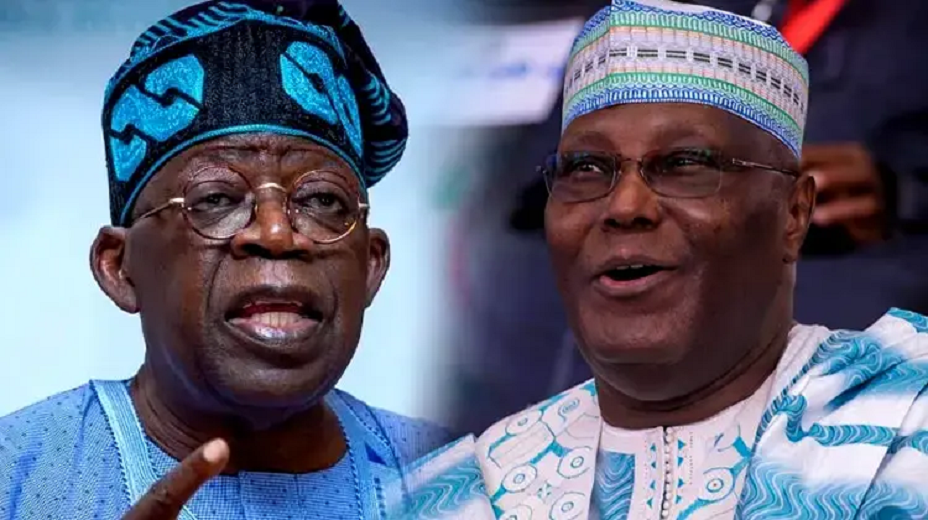Female customers and women-led businesses present a considerable avenue for growth in financial institutions and emerging fintech organizations.
It is safe to describe 2021 as the year of the corporate woman as no less than six women have assumed the top position as Managing Directors/Chief Executive Officers of different banks in Nigeria. If you recall, this is also the same year Dr. Ngozi Okonjo-Iweala became the first female to head the World Trade Organization.
Over the years, the Financial Services Sector in Nigeria has evolved considerably, and technology has played a significant role in enabling this transformation. Fintech companies have been at the forefront of disruptions, creating innovative solutions by leveraging digital technologies to mind the financial exclusion gap in Nigeria.
Will women make a difference?
According to the International Monetary Fund (IMF), it is a resounding YES!
In a 2018 worldwide study by the IMF, which has had a female Managing Director since 2011, it was posited that a higher share of women on boards of banks contributed to higher financial stability. This evidence strengthens the case for closing the gender gaps in leadership positions in finance.
When women are given an opportunity, they excel.
The African Development Bank Group agrees with this assertion and through its initiative, the Africa Digital Financial Inclusion Facility (ADFI) recently awarded a $500,000 grant to MTN Nigeria’s Fintech subsidiary, Y’ello Digital Financial Services (YDFS). The Africa Digital Financial Inclusion is an innovative financing vehicle, designed to accelerate digital financial inclusion across Africa.
The purpose of this grant is to embark on a research project to determine the scalability and adoption of women as Mobile Money agents especially in the northern part of Nigeria. A lot of these women have hitherto been financially excluded due to security concerns and cultural differences.
Despite being the continent’s largest economy, access to financial services in Nigeria is still a challenge for millions of people, particularly in rural areas, where an estimated 55% of the total population are unbanked. Mobile money adoption currently stands at 4%, with an agent ratio of 228.8 agents per 1,000 adults. YDFS is set to strengthen its super-agent network in the northern part of the country, with particular focus on women’s access to finance. It recognises the very crucial role of agency banking in women’s adoption of digital financial services and is set to tackle the prevalent challenges which limit their ability to make transactions with male agents.
Through the innovation of its MoMo Agent services and including female MoMo Agents in its agent network, YDFS will facilitate gender inclusion and attract more female clients who due to social norms and safety corners were unable to interact with male agents.
This partnership grant will also improve the quality of life for female beneficiaries in the north by providing them with employment opportunities as female MoMo Agent thus reducing the poverty and inequality gap relating to gender. It is not only an avenue to broaden women’s access to finance in Nigeria, but also to provide an opportunity for their increased economic empowerment.






















































